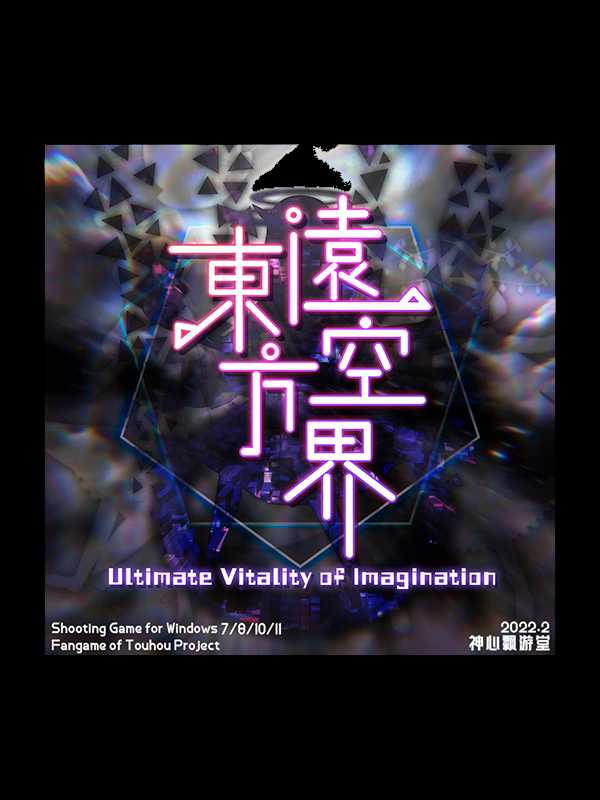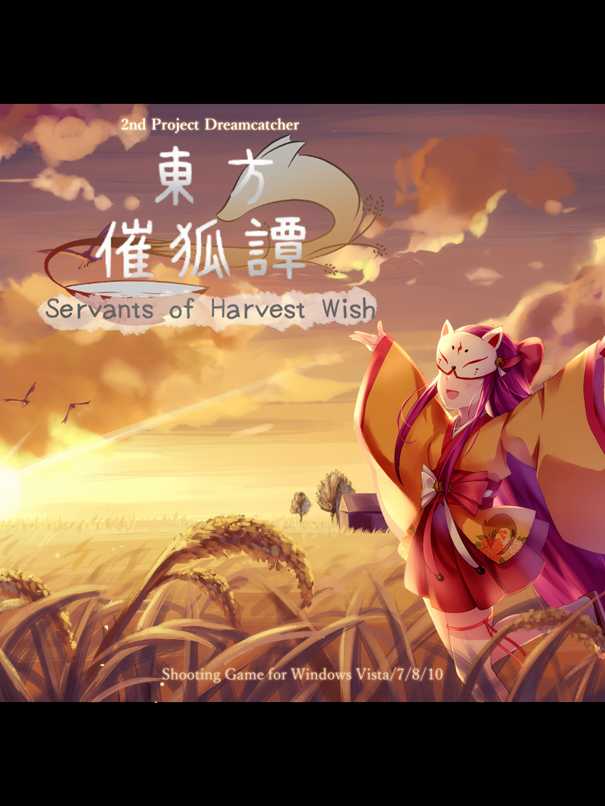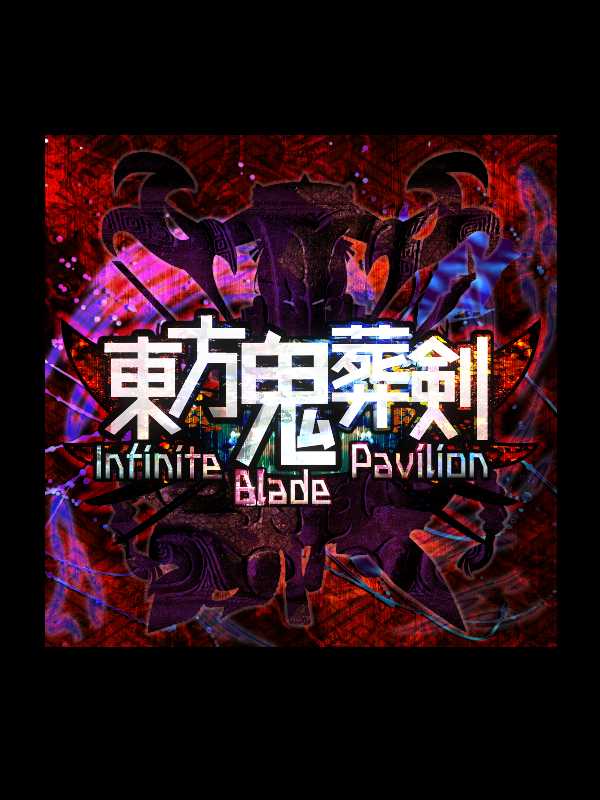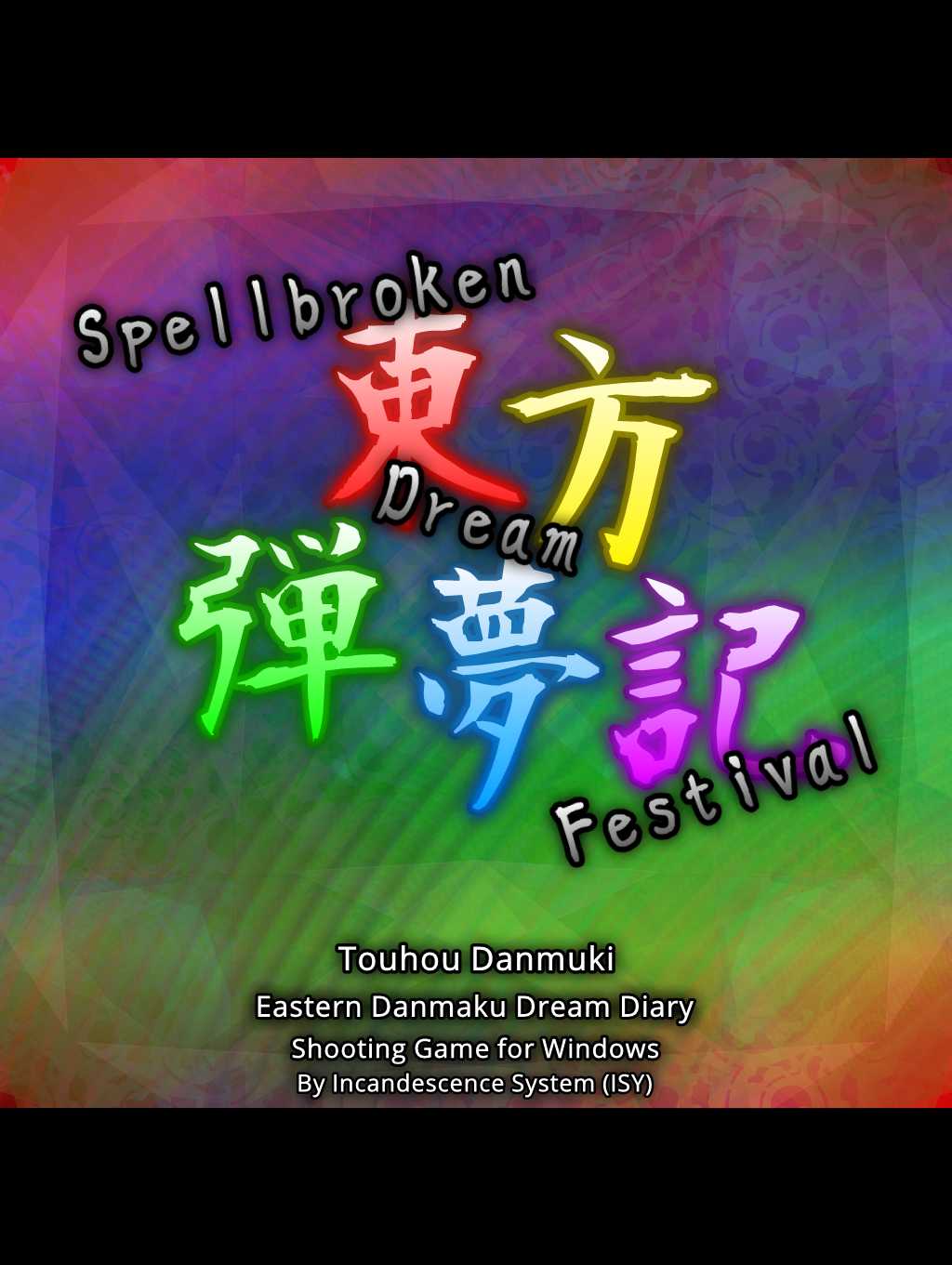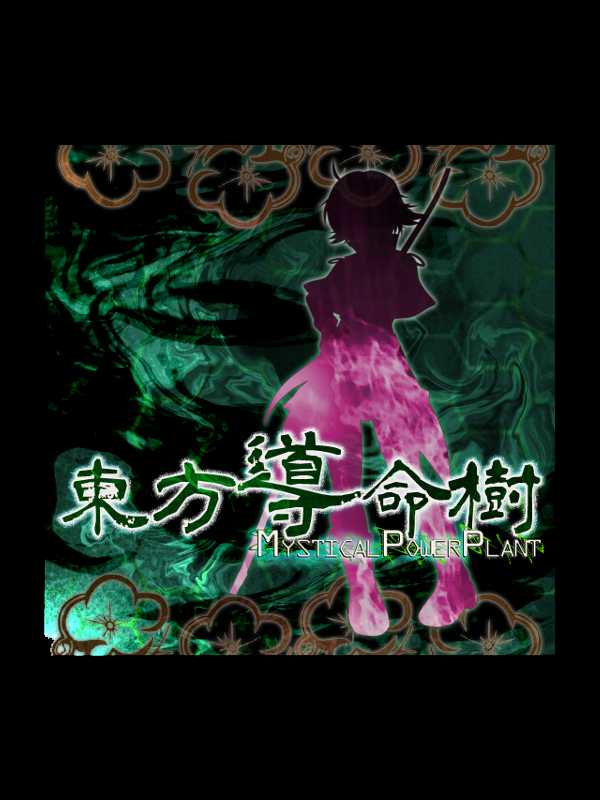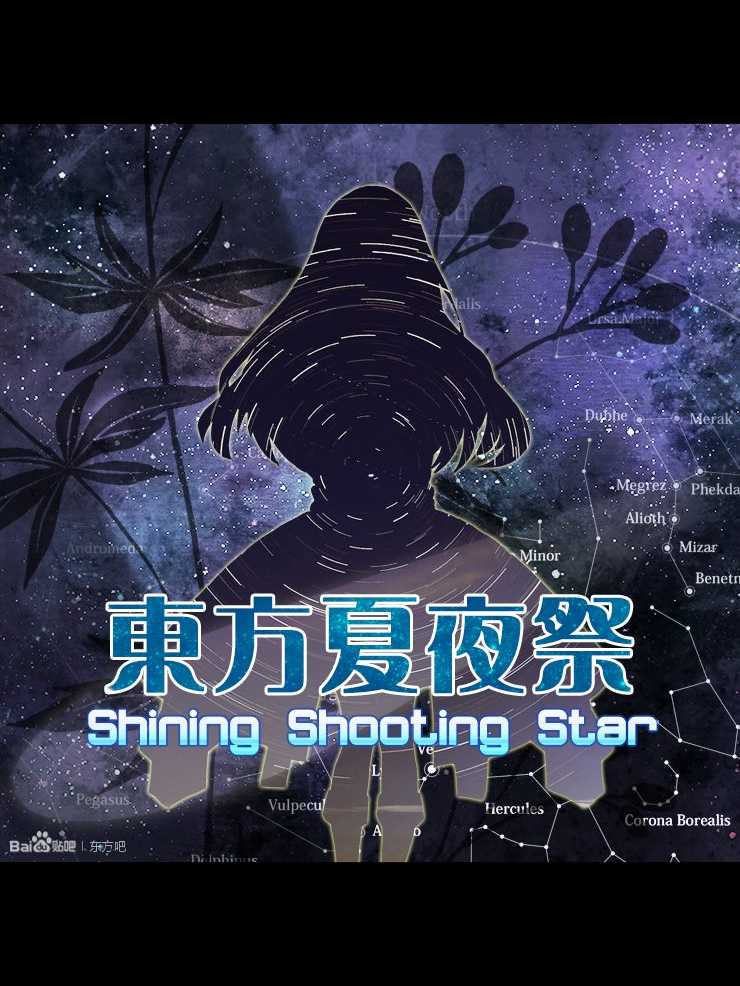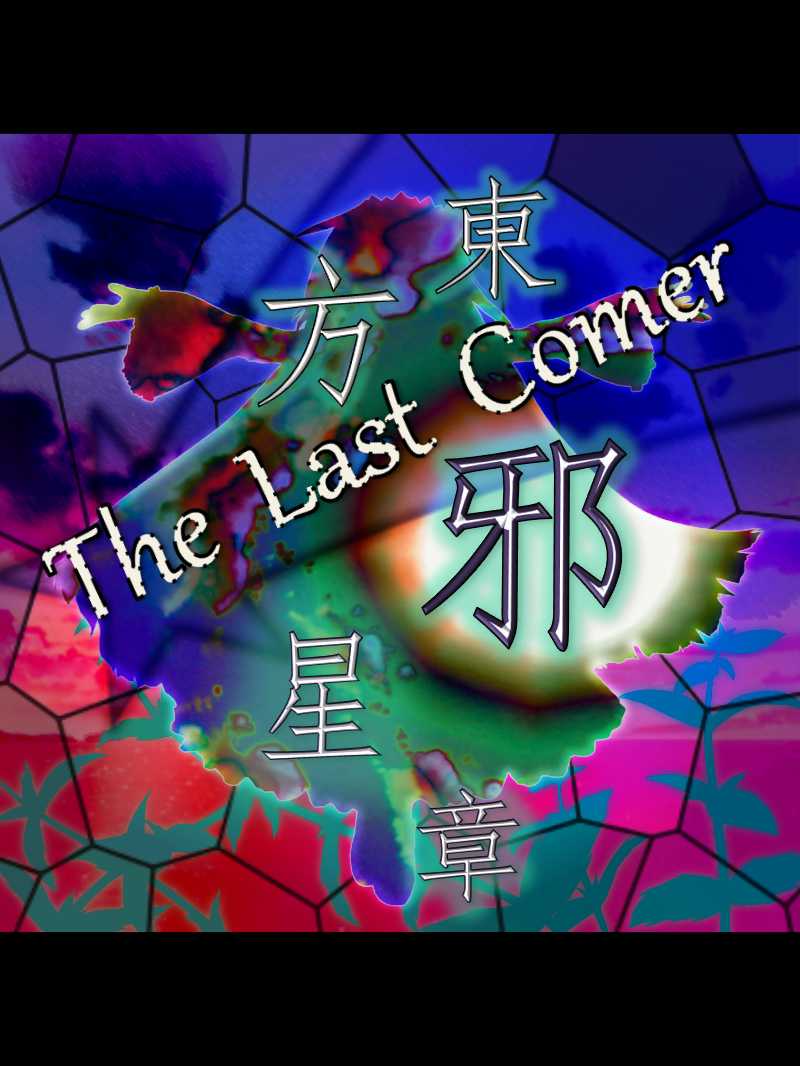If you found this page, you're probably wondering, what are the best games like Touhou Mahoujou: Book of Star Mythology. Luckily, we have prepared for you 10 games similar to Touhou Mahoujou: Book of Star Mythology in terms of genre, gameplay, and visuals. You should check out these titles, and, thanks to GameScribe, you can get them at the lowest price!
Shop with GameScribe, Save More
Compare prices from over 10 game stores and find the best deals on the games you want to buy.
from
5.49 $
The game's mechanics revolve around the usage of the featured Limit gauge in order to turn red items into life meter and bullets into bomb meter by deleting all bullets within the limit range, which grows as your limit level increases.
A Touhou fangame created by the group Dream Compass. The game features a "Harvest Mode" system where grazing rewards you with harvest items. These harvest items will put you into Harvest Mode after filling up your Harvest Gauge. In Harvest Mode, all point items and faith items on screen will be auto-collected. You will gain point item value for all harvest items obtained during Harvest Mode, as well as up to three spell pieces for collecting a sufficient amount of harvest items.
A Touhou fangame developed by Shijimi Nono, Ido and Raichu, with gameplay similar to the official Touhou games Shoot the Bullet and Double Spoiler. Much like those two, this game also brings back a variety of characters, but here they are from games developed by the Kaisendo circle prior to this game's release: The Last Comer, Mystical Power Plant, Riverbed Soul Saver, and Book of Star Mythology.
Fan-made Touhou Project game programmed by ido (known for previous fangames The Last Comer and Mystical Power Plant) and Len (known for the fangame Phantasmagoria Trues). The main gameplay mechanic involves a gauge that the player fills up by collecting items. Once full, holding down the bomb key will 'unlock' the player's full strength with a powered-up mode for a short period of time.
Touhou Project fangame developed by Len. Gameplay revolves around a combination of factors: a "Skill Tree" similar to that of Mystical Power Plant that increases by collecting leaf items, special attacks that can be used by consuming Skill Tree levels, and a "tension gauge" that increases or decreases the amount of items dropped by enemies.
A Touhou fangame created by Incandesence System. This game features scene-based gameplay, where you capture individual spells instead of 6 stages, with 64 total.
Touhou fangame and second game in the Kaisendo series. The main gameplay mechanic of Mystical Power Plant is based around collecting leaf items to fill a gauge, which causes the player to 'level up' and gain various benefits as the game proceeds. The benefits vary depending on what character duo is chosen.
A Touhou fangame developed by NRT. Unlike the regular Touhou games, White Names Spoiled Past incorporates mystery-solving elements in addition to danmaku. While playing the game normally, the player should pay attention to the story and the dialogue, which contain hints as to the identity of the culprit. The Extra Stage can only be unlocked by correctly answering the order of events and the true culprit. In addition, this game has 3 stages instead of the standard 6, with even more emphasis on replayability.
The gameplay system is based around filling a gauge by gathering star items. When the gauge is full, a border activates, with different effects based on the color of the gauge.
Touhou fangame developed by Ido, Yuuyu and Hatsuke. The main gimmick of The Last Comer is based around collecting stars to fill a gauge, which is similar to Ten Desires' Trance gauge.
